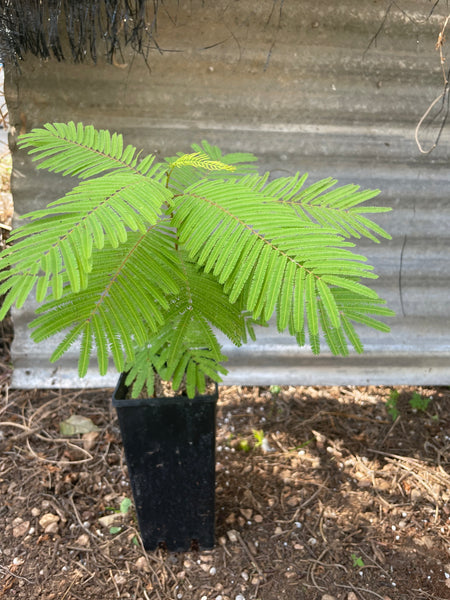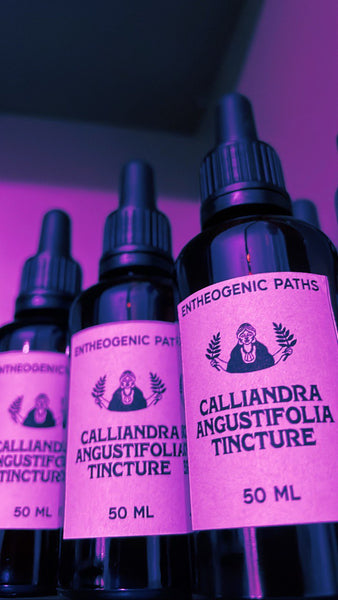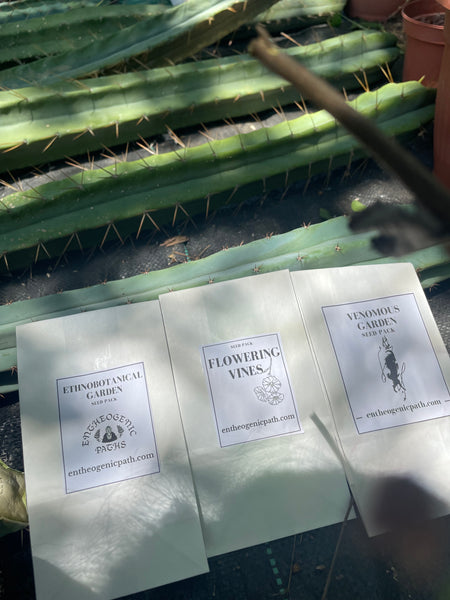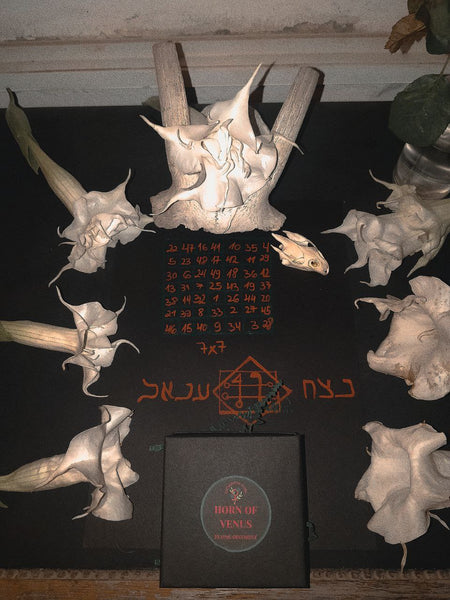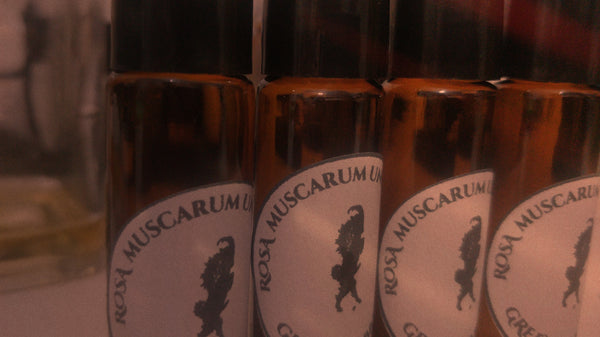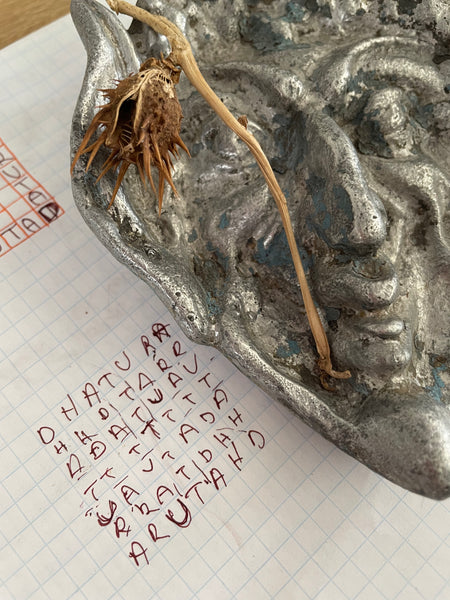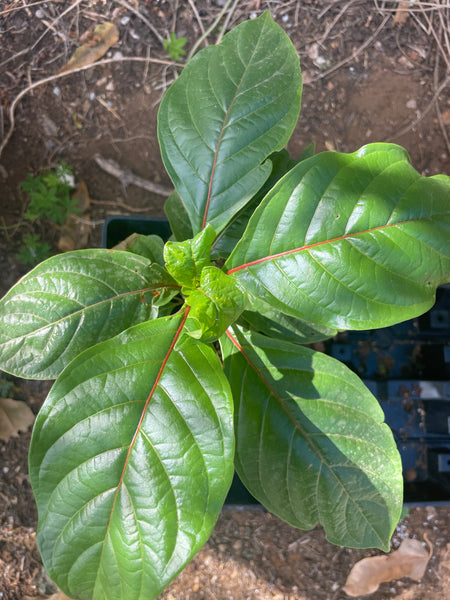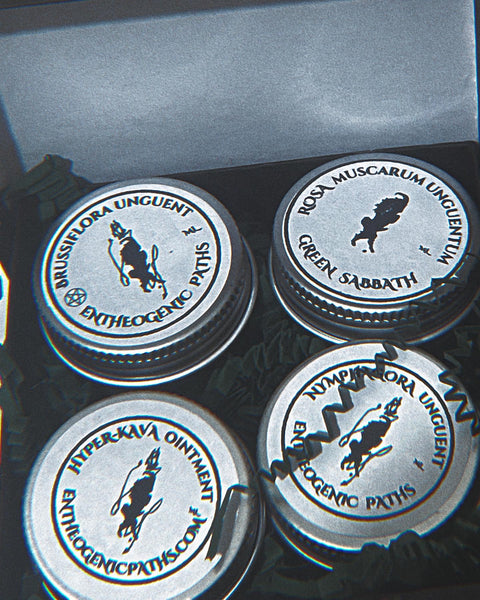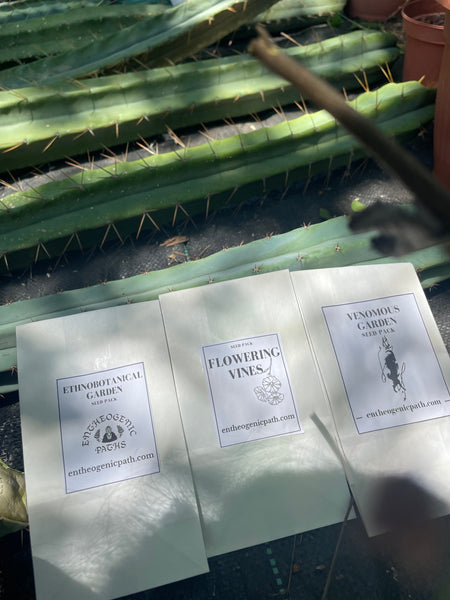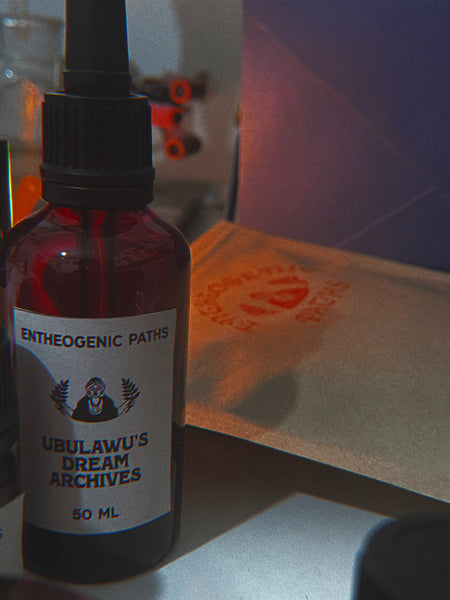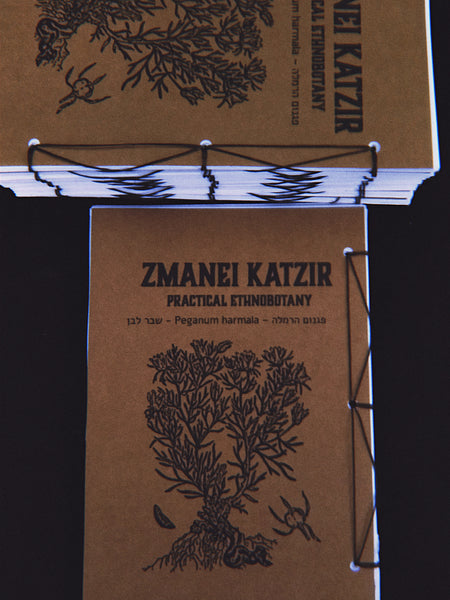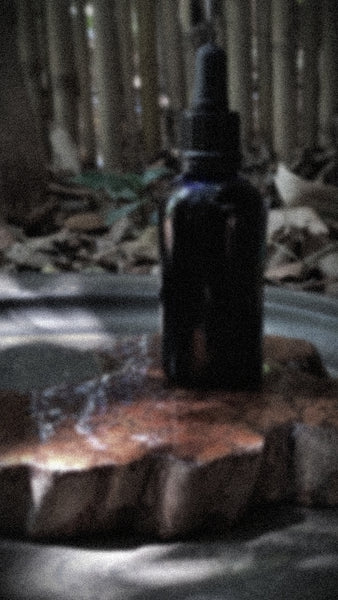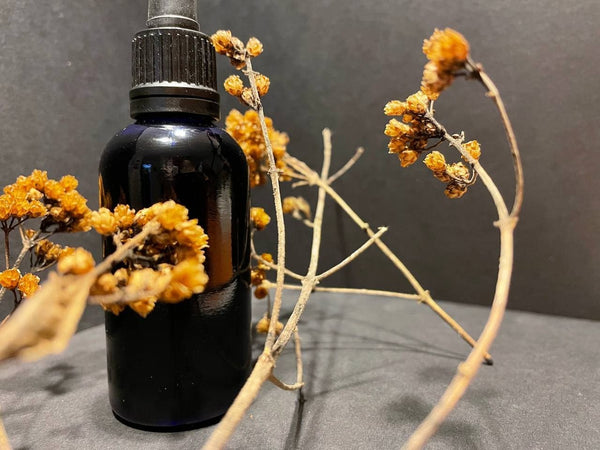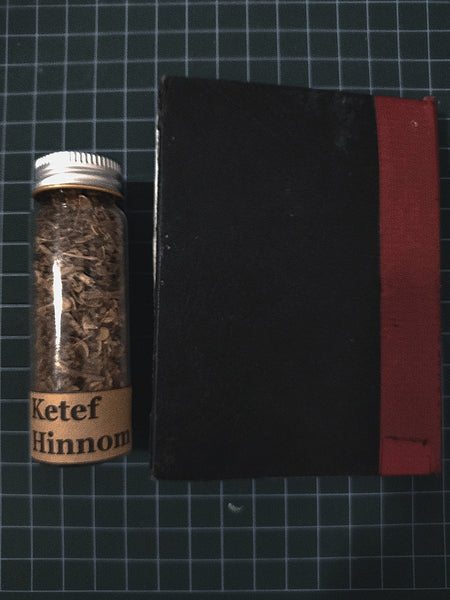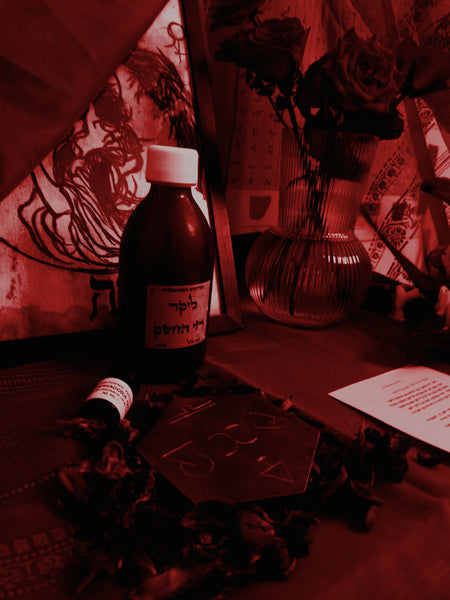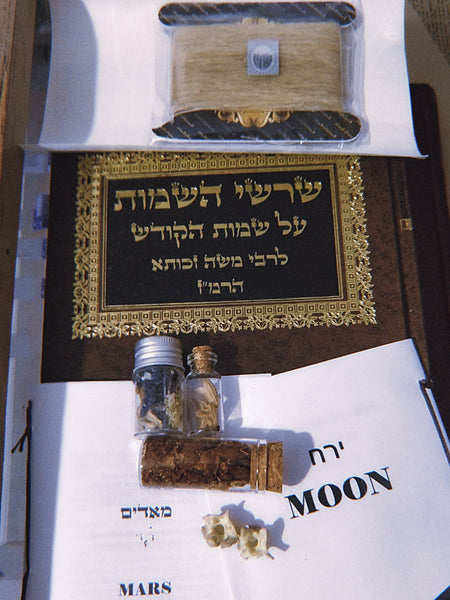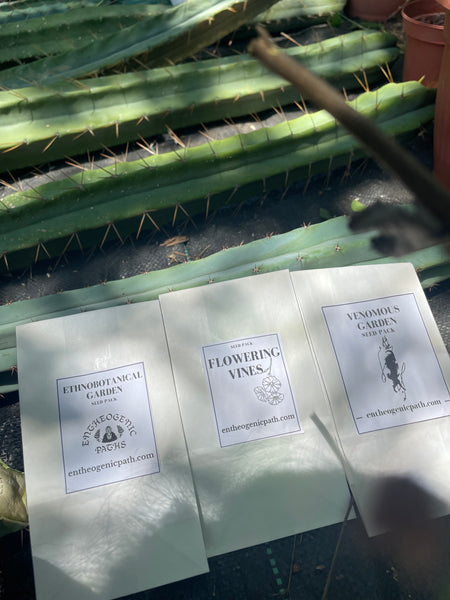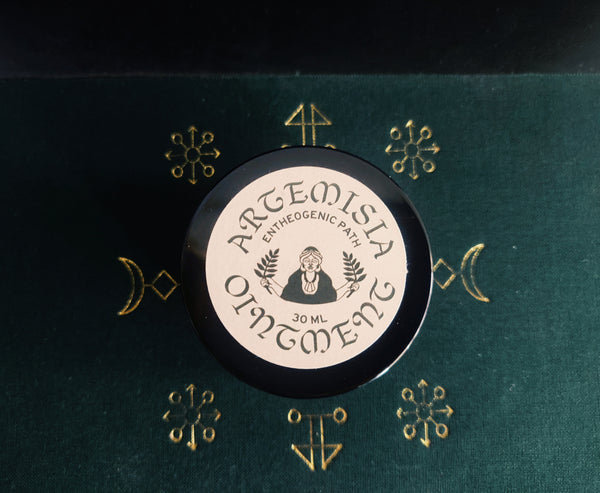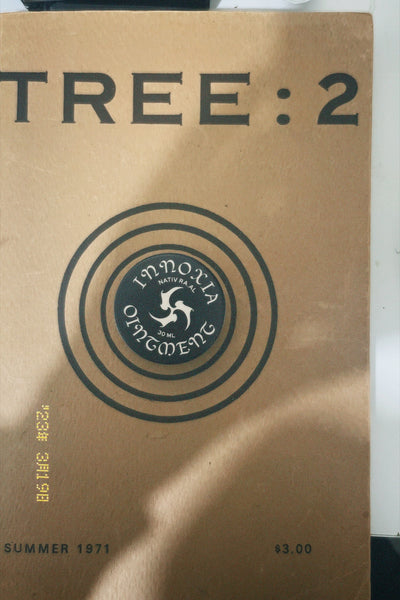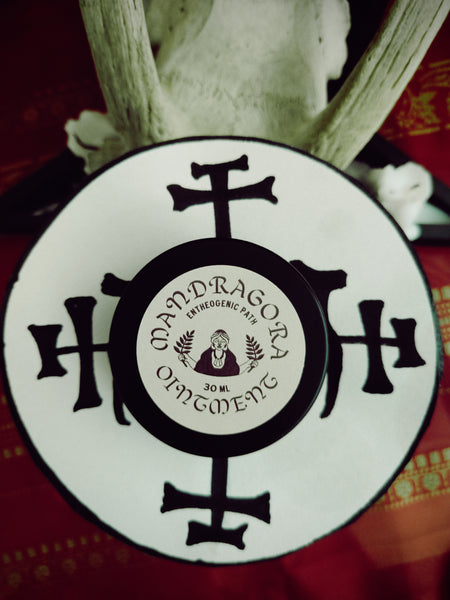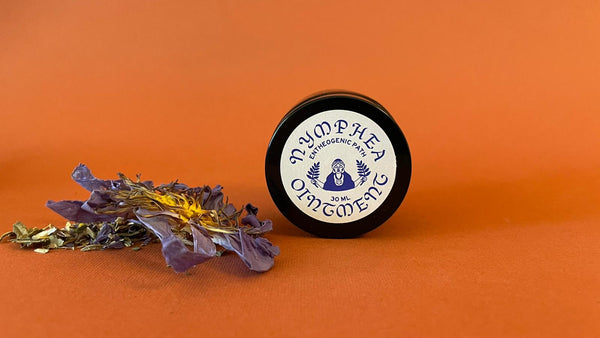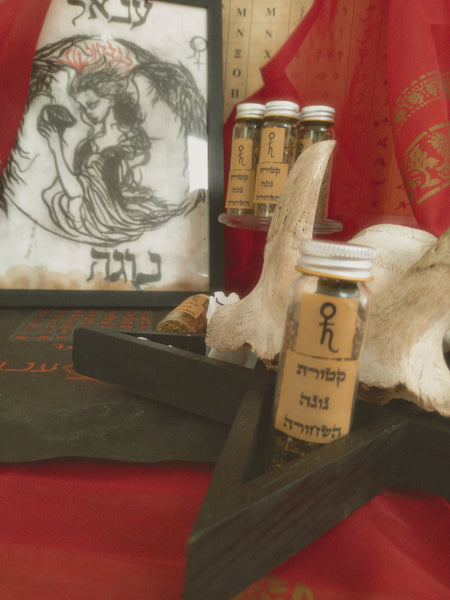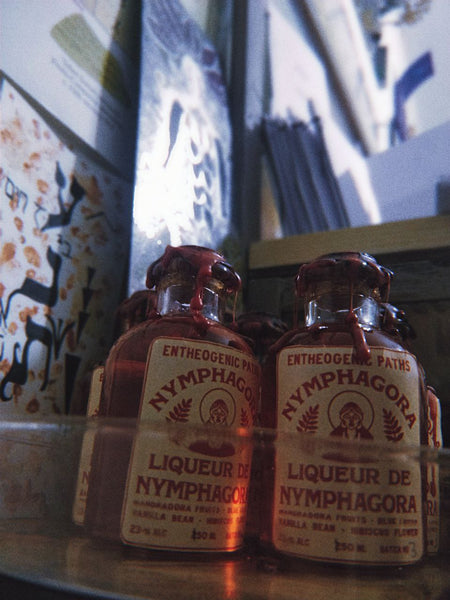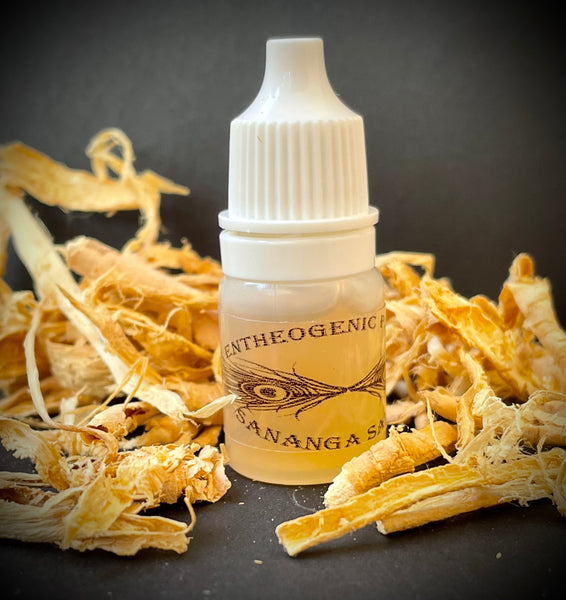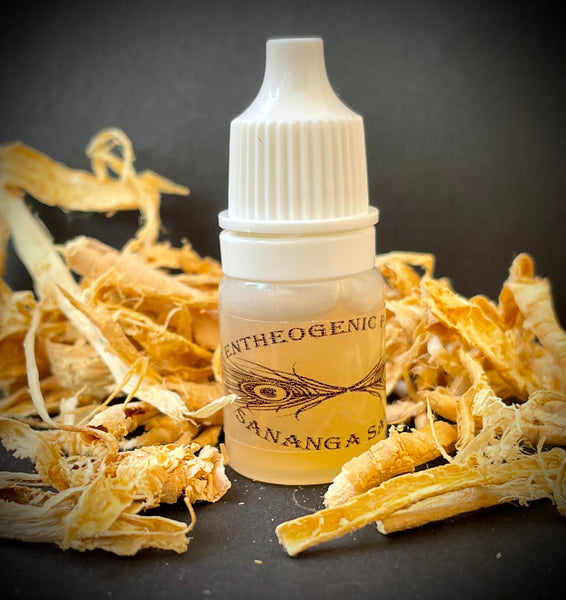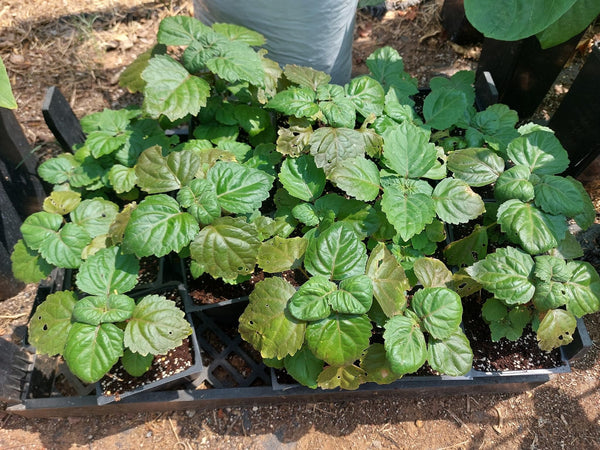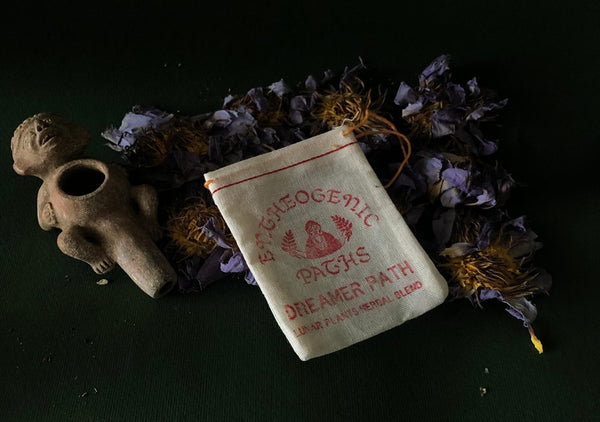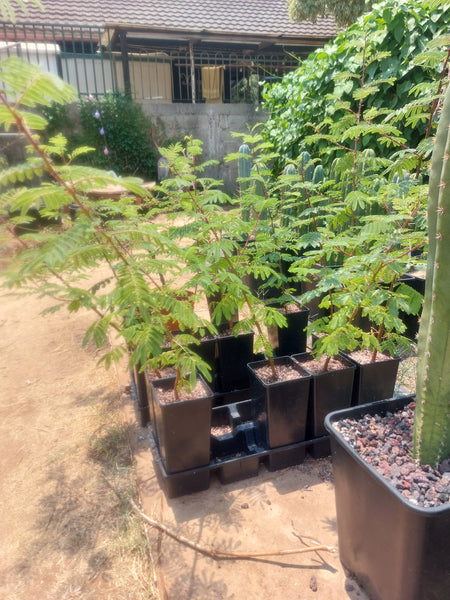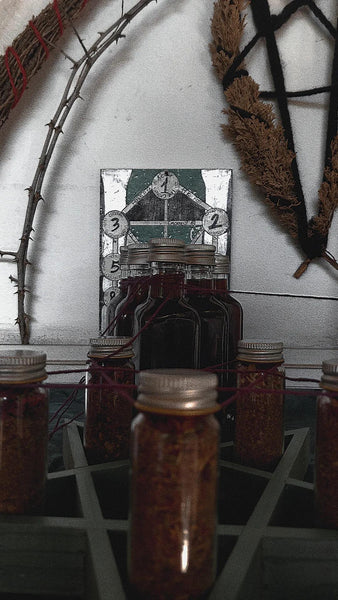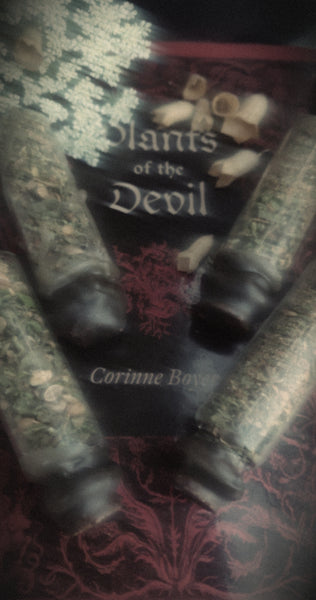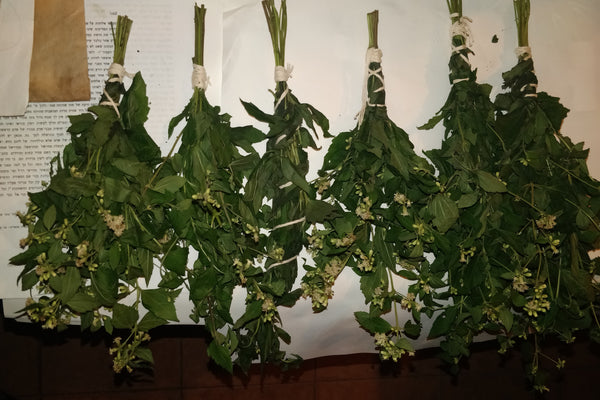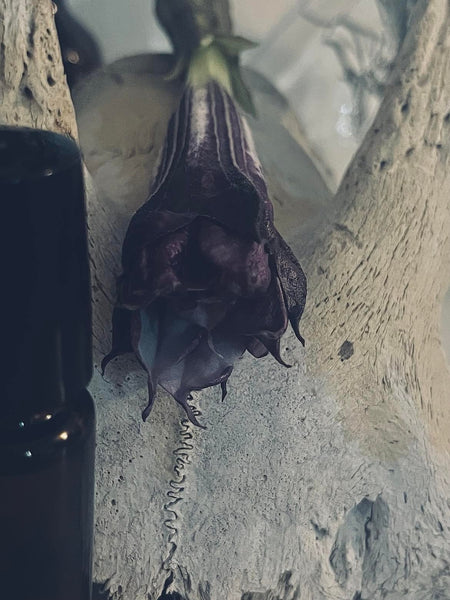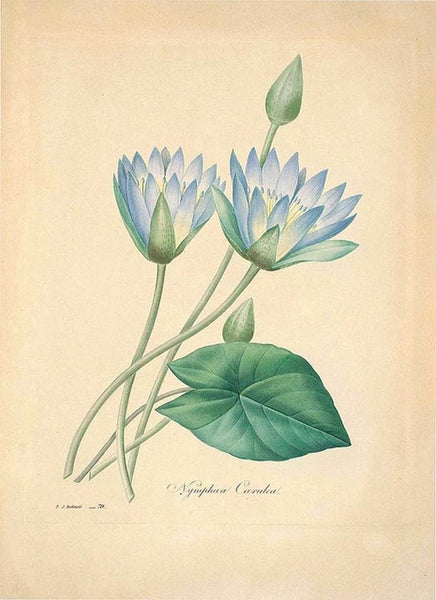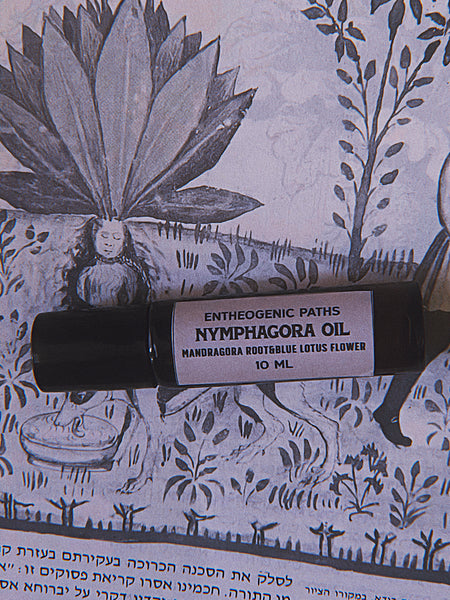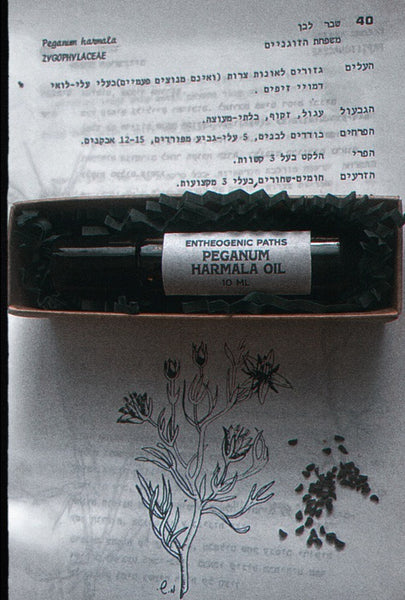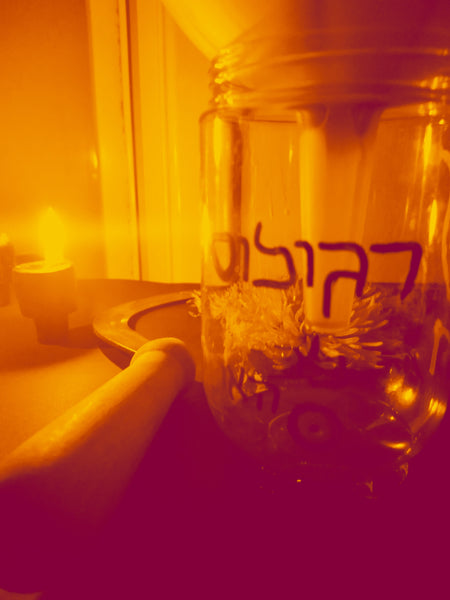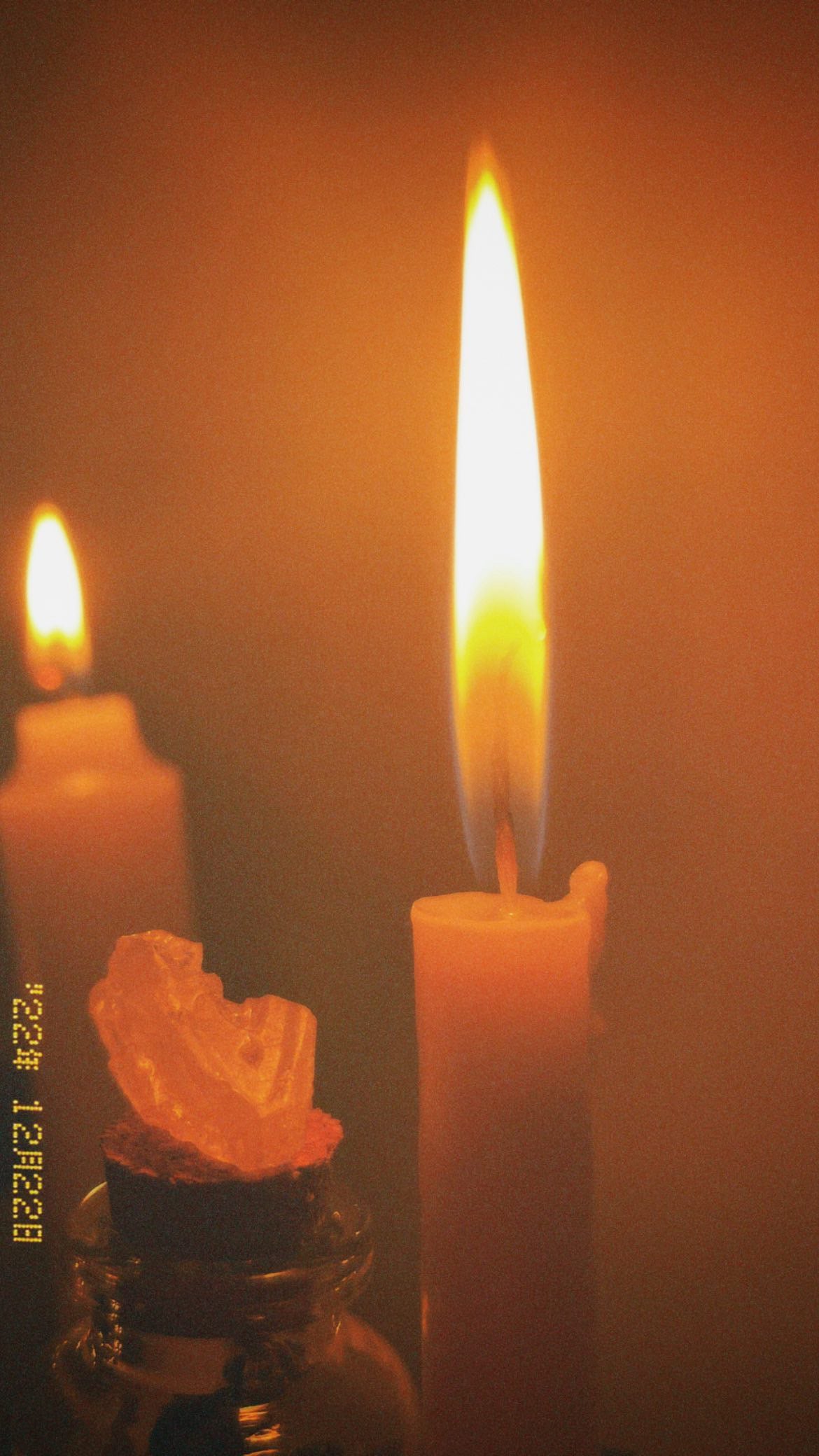
Sulfur and fire:
Posted by entheogenic paths on
There is no exact information on the date of the discovery of sulfur.
In the Middle Ages Paracelsus and other alchemists of the 15th century mentioned the element and even gave it a symbol.

Sulfur has great significance in the world of alchemy. But the meaning of sulfur among the alchemists mainly referred to the word as an attribute given to other substances and not as a unique substance with certain properties.
Sulfur is a ring molecule consisting of eight sulfur atoms, and is represented as S 8 .
Sulfur is a solid metal at room temperature and yellowish in color.
Its melting point is 115°c and boiling point is 444°.
Near springs that contain sulfur there are many deposits of the substance, in the form of yellow cortical flowers that create different and strange landscapes.
In 1840, a settlement began around Sulfur Springs in the state of Texas established by Native Americans. These springs were used by the natives for healing. In 1860 John Skinker opened 'Temascal' Sulfur Springs in the same place, and almost 30 years later the name of the place became Glen Highby Hot Springs.
The material is also mentioned in the Bible, in four different verses, always in aspects of destruction and destruction. For example: "And yve rained on Sodom and on Gomorrah sulfur and fire from yve from heaven." Genesis, chapter 19, verse 24.
Uses and properties of sulfur compounds
The element sulfur has several uses:
Sulfurization of rubber enables the creation of tires, burning of sulfur which creates sulfur dioxide gas which is an antiseptic and another use for sulfur is also in the preparation of explosives. Most of the sulfur is used as a raw material for the production of a variety of sulfur compounds that are formed from the base and are widely used in industry . For example, in the production of sulfuric acid.
Sulfur compounds in onions and garlic that have pungent odors turn into substances with a higher sweetness than sugar when cooked. On the other hand, sulfur compounds in cabbage cause overcooking to create compounds with a repulsive smell.
Because of the strong and repulsive odors of sulfur compounds such as mercaptans, this molecule has a low reputation among the chemical elements but a high reputation in the spiritual realm of smelly wyrd.
.
גׇּפְרִ֣יט וָא֑שׁ
Fire and brimstone is an idiomatic expression referring to God's wrath found in both the Hebrew Bible and the Christian New Testament.
In the Bible, it appears often in reference to the fate of traitors.
Brimstone, an archaic term synonymous with sulphur, evokes the pungent smell of sulfur dioxide produced by lightning strikes.
Lightning was understood as divine punishment by many ancient religions.
Sulfur's connection with divine reward is also common in the Bible.
Used as an adjective, fire and brimstone often refers to a style of preachers that uses vivid descriptions of judgment and eternal damnation to encourage popular repentance especially during historical periods of great revival.
References in the Hebrew Bible
In the Hebrew Bible both use the phrase "fire and brimstone" in the context of divine punishment and purification. In Genesis 19, the Jewish God destroys Sodom and Gomorrah with a rain of fire and brimstone and in Deuteronomy 29 the Israelites are warned that the same punishment will fall upon them if they abandon their covenant with God. In another place, divine judgments involving fire and brimstone are prophesied against Assyria (Isaiah 36), Edom (Isaiah 34), Gog (Ezekiel 38) and all the wicked (Psalm 11).
The breath of God, in Isaiah 3:3, is compared to brimstone: "The breath of yv is like a stream of brimstone that ignites."
in Christianity
Fire and brimstone appear frequently as agents of divine wrath throughout the Christian book of Revelation culminating in chapters 19–21, where Satan and the wicked are cast into the lake of fire burning with brimstone. Fire appears in such passages as "eternal", not the bodies or souls of people only the consuming fire.
historical background:
According to Joseph ben Matthew, "This land was then burned so sadly that no one cares to come to it;... it was a most joyful land, both because of the fruits it bore and the wealth of its cities, even though it is now completely burned. It is told how due The lack of faith of its inhabitants, it was burned by lightning; as a result, remnants of that divine fire remained; and the traces (or shadows) of the five cities are still visible,..." (War of the Jews, book 4, end of chapter 8, referring to Sodom. )
Salt of Sodom:
In the book of Deuteronomy it is written that the God who rains on Sodom and Gomorrah besides 'brimstone and fire' also 'salt' (Deuteronomy 90): Brimstone and salt will burn up all the land, neither shall it be sown nor shall it grow, nor shall any herb grow in it, like the overthrow of Sodom and Gomorrah The land and the armies that the Lord turned in his anger and wrath.
I mean, that beautiful place was completely destroyed.
Rashi brings (in Genesis 10:3), that the Dead Sea was created there.
Called in the language of the Sages 'Yama Desdom' (Sefer Mor and Katzia).
Sodomite salt blinds the eyes , according to Rashi's and the Rambam's explanation: Every mouthful that has salt in it requires the washing of hands at the end, lest there be Sodomite salt in it, or salt that has been drowned as Sodomite salt, and he passes his hands over his eyes and becomes blind, because of this it is obligatory to wash hands At the end of every meal from the salt.
In the book of Leviticus (2:13) it is said: And every sacrifice of yours shall be salted with salt, and you shall not withhold the salt of the covenant of your God from your sacrifice; on every sacrifice of yours you shall offer salt: You put Sodom salt. There was also Sodom salt in the incense ( Excisions 6.1a).
And we will try to review where the 'Salt of Sodom' comes from.
In the Gemara in tractate Shabbat (Kh. 12) it is explained that the water of the Dead Sea is medicine for the eyes.. Another explanation from the Meiri book is that the salt of Sodom is salt that comes from the Dead Sea.
It is true that in the book Shleti Hagoborim (to Rabbi Avraham Harofeh, in his commentary to the incense marks, p. 20) he wrote: The salt of Sodom is the salt that was made by God's decree from the land itself of Sodom, which God made with his nose and his anger, and is not man-made, does not come from the waters of the sea, but is earth Sodom burned like brimstone and fire that came down from heaven.
.

